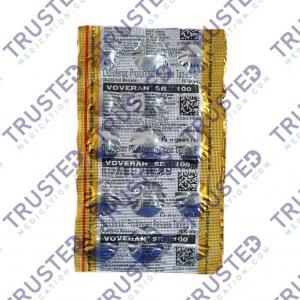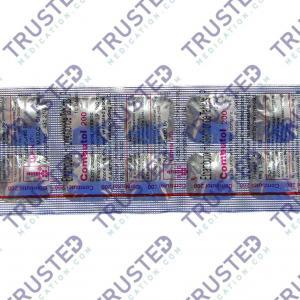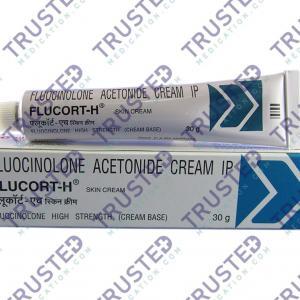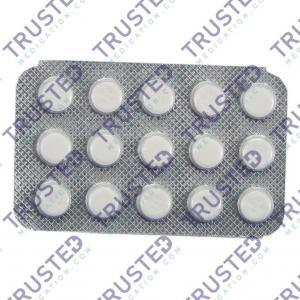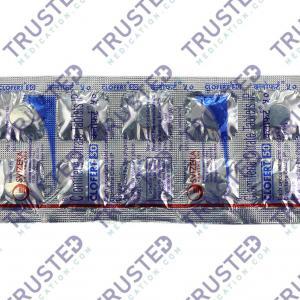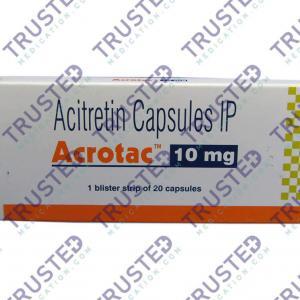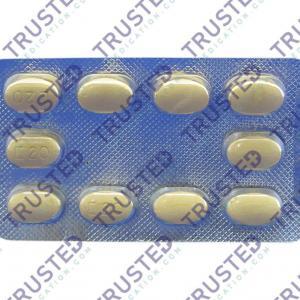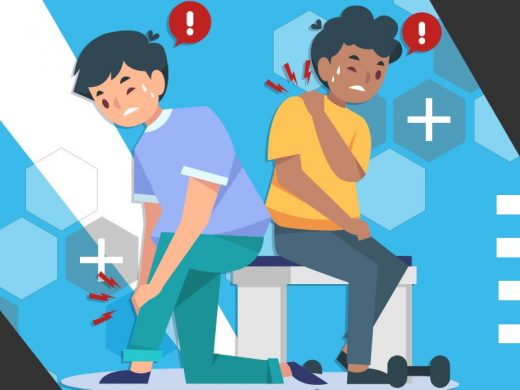
Muscle contraction is the tightening, lengthening, and shortening of muscles during an activity. It occurs when you hold or pick up something, or when you stretch or exercise with weights. Muscle relaxation also occurs after the contraction and it returns to a normal state.
They are common and occur for a reason. Almost everyone experiences cramps. It usually lasts from a few seconds to a quarter of an hour. It involves a part of a muscle or several muscles. Some may involve simultaneous contraction of muscles. Most cramps occur at night while sleeping.
Why Do Muscles Contract?
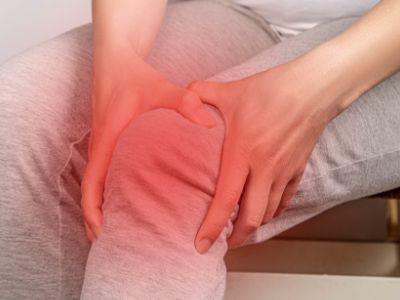
Muscles contract when they offer stability to your joints and connective tissues. It allows your muscle to lengthen and shorten involuntarily, as your body needs them. Muscles contracts and produce heat to maintain your body temperature.
Shivering is your body’s response to feeling cold, and your skeletal muscles activate to warm your body. Muscles contract to maintain posture.
Symptoms of Muscle Contraction
- Involuntary cramping of your fingers, wrist, toes, or ankles
- Pain and muscle weakness
- Twitching
- Numbness and tingling sensation
- Muscle weakness
- Fatigue
- Uncontrolled jerks
- Involuntary muscle movements
Prolong muscle contraction leads to:
- Frozen joints
- Pressure sores
- Inability to function well

Other symptoms that occur along with muscle contraction:
- Muscle tightness
- Joint stiffness
- Exaggeration of reflexes
- Unusual posture
- Abnormal positioning of fingers, arms, or shoulders
- Difficulty controlling the muscles
- Muscle contraction that limits your range of motion
- Back pain and difficulty moving
Types of Muscle Contraction
- Concentric Contractions. It happens when you activate it to lift something heavier than normal, which generates tension.
- Eccentric Contractions. It happens when your muscle is actively lengthened during normal activity. Eccentric muscle contractions also happen when you lower something heavy.
Causes and Risk Factors of Muscle Contractions and Cramps
- Dehydration
- Muscle fatigue
- Poor blood flow
- Inactive lifestyle
- Lack of magnesium and potassium
- Physical activities on hot days
- Medical conditions
- Alcohol abuse
- Kidney problems
- Pregnancy
How to Diagnose Muscle Contraction?
Your doctor may assess your medical history and physical exam. Blood and urine tests may also determine medical conditions that cause the contraction. Imaging tests are also advisable to determine the diagnosis.
Treatment for Muscle Contraction
You can take anti-cramp medications. Crampstop and Vitafizz magnesium can help treat le cramps. Inform your doctor if symptoms persist for a month. Ensure to finish the treatment to prevent worsening the condition.
How to prevent Muscle Contraction?
- Avoid dehydration and stretch your muscles
- Increase your calcium and potassium intake by drinking milk and eating bananas.
- Reduce your intake of food and drink that contains caffeine.

